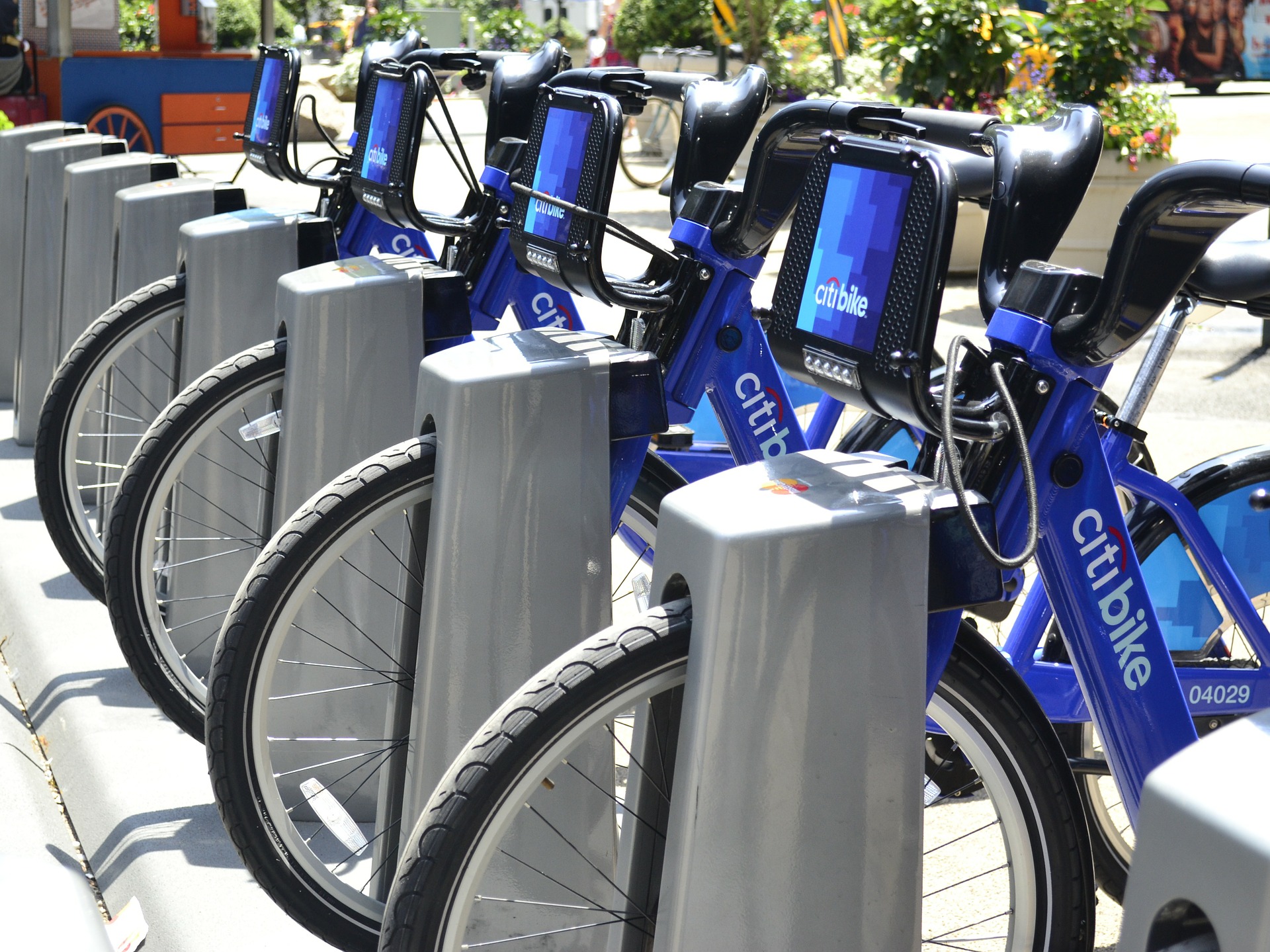The popularity of electric bikes (e-bikes) and electric scooters (e-scooters) is increasing in almost every major city in the US. A report by Mordor Intelligence LLP in June 2021 states that the North American e-bike market value will double from 2020 to 2026. The markets for these devices continue to trend up with the increase in bike lanes, investment in bike-sharing programs, and increased demand by individuals to avoid public transportation, which was precipitated by the COVID-19 pandemic.

One of the major components that make these devices possible is they tend to be powered by a lithium-ion battery. Lithium-ion batteries are found in various kinds of electronic devices. They can be seen in laptops, cellphones, electric cars, e-bikes, and e-scooters. These batteries are the rechargeable power source of choice because they have one of the highest energy densities of any battery, create lower maintenance for devices that use them, and are easier to dispose of than NI-Cd batteries. However, improper use or storage of these devices can cause the battery to overheat, catch fire, or even explode. These threats are why the New York City Fire Department (FDNY) released safety tips for devices with lithium-Ion batteries.
Safety Tips for Devices with Lithium-Ion Batteries (Based on FDNY release)
- Check to see if the device has the Underwriters Laboratories Mark (UL). This shows that the product underwent safety testing.
- For charging and storage, follow the manufacturer’s instructions.
- Use the manufacturer’s cord and power adapter made specifically for the device.
- Do not charge the device under a pillow, on a bed, or on a couch.
- Keep devices at room temperature and do not place in direct sunlight.
- Store batteries away from flammable material.
- Immediately stop using a device if the battery overheats, produces an odor, changes in shape or color, leaks, or produces odd noises. Move the device away from anything flammable if safe to do so and call 9-1-1.
How do you dispose of old lithium-ion batteries?
It is illegal to put lithium-ion batteries in the trash or recycling at home. Many cities and towns have special disposal locations for these items. Check with your local municipality’s website for information.
Residents in Albany, NY have nine Household Hazardous Waste (HHW) collection events available annually. If you live in New York City, visit here to find links to the locations and times for a disposal event or a special waste drop-off site. If you live in Fort Wayne, IN, visit here to find disposal locations and times of operation.
Alternatively, many retailers nationwide, such as Walmart, Lowes, and Home Depot, will accept rechargeable batteries.
Lithium battery use is one of the many topics Walden is involved in. Walden’s ongoing Research and Development efforts focus on the investigation and improvement of a diverse suite of environmental concerns, including surface water pollution, wastewater treatment, energy efficiency, energy recovery, and renewable energy applications for many municipalities and industries. Walden’s scientists and engineers evaluate the challenges to be addressed, conduct detailed investigations, and develop unique and sustainable measures that contribute to improving environmental quality and the financial bottom line. You can learn more about Walden’s research and development efforts here.
If you need additional information on lithium-ion battery safety, please contact Walden by calling 516-701-1681.
